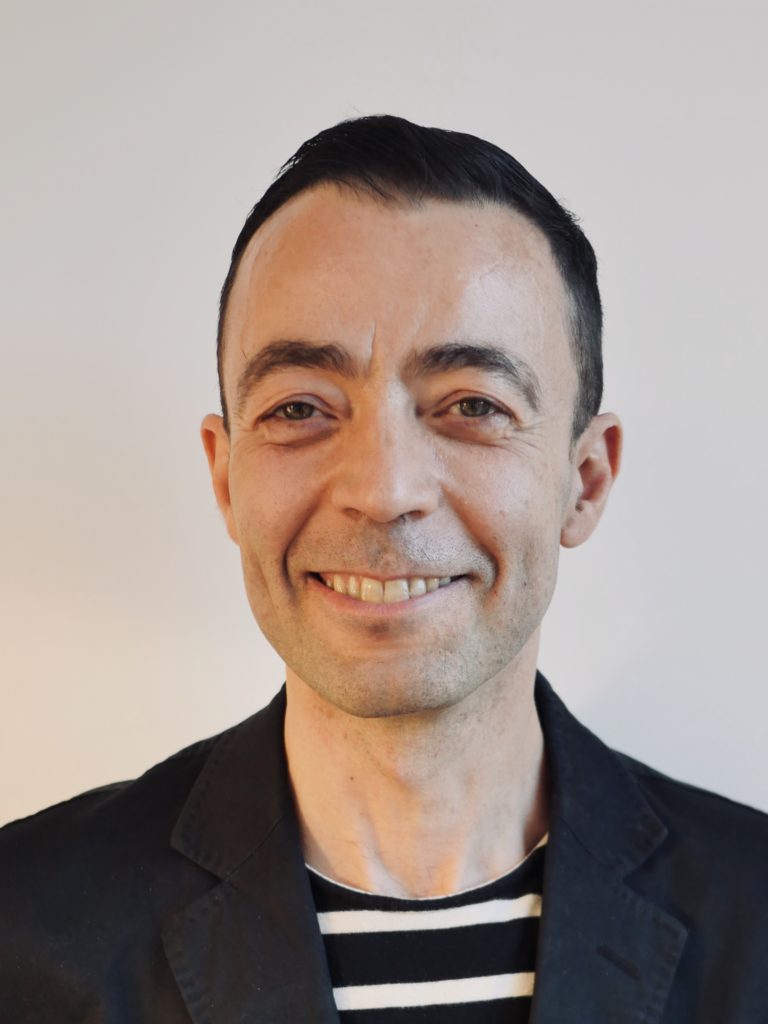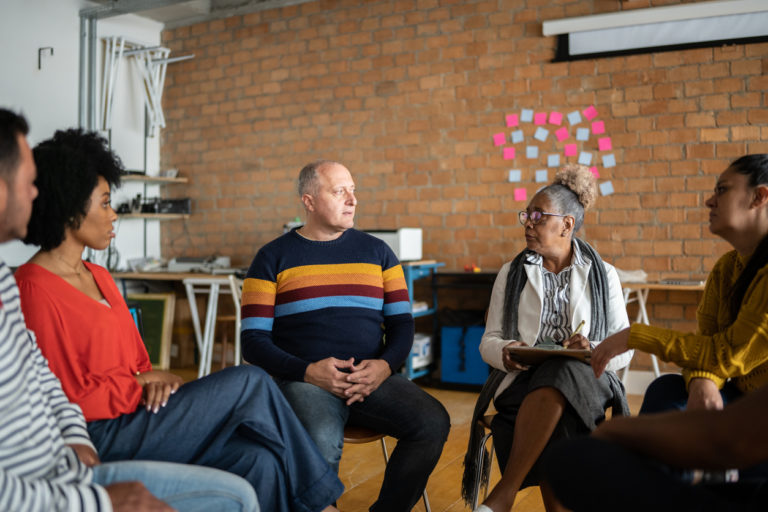In our four-part Spotlight on Leeds City Council, we focus on its ambition to make Leeds, by 2030, the best UK city in which to live and work.
We take a look at the hard work underway to ensure its economic growth is inclusive – strengthening the important link between health and wealth. We hear about the exciting potential to accelerate cross-sector innovation with the emerging innovation arc. And we explore some of the radical new approaches in digital integration which are transforming the city’s services and systems for local people and business.
But first, a word from Tom Riordan, Chief Executive, Leeds City Council.
“Leeds is a brilliant city – the fastest growing in the UK and a recent Top 100 global trailblazer city for innovation.
“Much of its success is because we put our Team Leeds ethos into practice and work across sectors to innovate. That is, to keep innovation, partnership and inclusion at the heart of everything we do.
“We have outstanding universities, talented graduates and successful businesses that have grown from research and innovation. We are genuine about collaboration, together driving digital integration, strengthening skills and job opportunities, transforming healthcare, providing first-class business support and designing state-of-the-art infrastructure.
“As this Spotlight series shows, we work hard together with partners and across all sectors to think big, take bold steps, yet leave no one behind.”
Part one: The Best City ambition – a vision for Leeds.
Leeds is already recognised as one of the best UK cities in which to live and work. The UK’s third largest and fastest growing city, with an economy forecast to grow by 21 per cent over the next 10 years, it is the main economic driver of the city region.
With a strong identity and diverse population, the city has six universities and a vibrant, nationally acclaimed arts, sports, music and entertainment offer. Located at the intersection of the national motorway network, just over two hours by rail from London, and with Leeds Bradford Airport as the UK’s fastest growing regional airport, transport links are superb. So what does it mean to be the best city?
Becoming the best city
Tony Cooke, Chief Officer of Leeds Health Partnerships explains that the ambition to be the best city is focussed on the people who live and work there.
“We believe in making Leeds the best city for now and for future generations. This doesn’t necessarily mean the richest or the biggest, but the best for quality of life for all people in Leeds.
“Leeds is a city where we want the poorest to improve their health the fastest and where we tackle health inequalities to improve the quality of life for everyone who calls Leeds home. And it’s more than an aspiration. It’s something we will monitor using a series of indicators about our services, our community and our health and wellbeing.
“Our work centres around three areas: health and wellbeing, inclusive economic growth and zero carbon. We believe that addressing these areas, will make the greatest improvements to people’s lives in Leeds.”
City leaders are confident that they can tackle these huge challenges because they are working together. Partnership is the foundation.
Building on strong foundations
Tony continues, “In Leeds, partnership working is well-established across health and social care, the third sector, academia and all of our anchor institutions.
“Coupled with our willingness to work together, is a strong culture of innovation that runs through everything we do. We are not afraid to revise established practices and ways of working if they are no longer relevant or delivering results.
“This “team Leeds” mind set particularly came into its own during the pandemic. Those circumstances drove us to rapidly set up new systems and community services and to pool resources for challenging programmes around vaccination and shielding the vulnerable with massive benefits for the people of Leeds.”
What does being the best city mean for the people of Leeds?
logo for Synergi LeedsThis approach is already bringing benefits to some communities. For example, earlier this year Leeds partners, in conjunction with the national collaborative centre Synergi, completed five years’ work and launched phase two of a community-based project to reduce ethnic inequalities in mental health systems.
This came out of Leeds’ public health team’s mental health needs assessment in 2017 that showed that, in common with many UK cities, there was an over-representation of people from black, Asian and mixed ethnic backgrounds detained on admission to mental health wards.
The assessment also showed that some ethnic minority communities were under represented in primary care registers for common mental health disorders, yet over represented in serious mental Illness registers. They were also less likely to complete treatment, or subsequently recover.
Innovation at the heart of change
Caron Walker, Chief Officer and Public Health Consultant at Leeds City Council, describes how it is the partnership working and highly innovative approach to a problem that makes the Synergi work so noteworthy and successful.
“This project has demonstrated that we need to challenge systems and institutionalised practices that do not respond or adapt to differences in individual or community circumstances.
“We realised that there have been failures to affect real change in this area in the past for various reasons. For example, service user voices have been marginalised, difficult views or opinions have been ignored and people in positions of power – particularly those who are white – fear addressing the issue and ‘getting it wrong’.
“We were determined that we needed to acknowledge racism and discrimination, welcome difficult discussions and ensure we really listened to what service users and carers had to say.
“Through a series of varied creative events, we took those discussions into the local communities, sought views and listened to experiences, but above all gave individuals a voice in a safe and familiar environment.
“Working together as a whole system within the community, we have started to make inroads into reducing the increased risk of severe mental illness and the inequities in service access and outcomes experienced by people from minority ethnic communities.”
Listening before acting
This work shows that engaging with people within their own communities helps service providers understand how to offer better, more equitable care.
Other, more general public engagement activities such as Healthwatch activities and The Big Leeds Chat, show that people expect their services to be joined up, but unfortunately that is not always their experience.
“While improving services in isolation is important, the real gains come in considering people’s overall experience,” says Tony.
“We are responding to these types of engagement by joining services and sectors together, from health, housing and education, to employment, industry, skills and training. This is how we are tackling inequalities and it starts to offer the people of Leeds tangible improvements to their overall lives.”
Looking to the future
Tim Fielding, Deputy Director of Public Health at Leeds City Council who is leading the work towards becoming a Marmot city, explains how this builds on and perfectly aligns with the best city ambition.
Image of Leeds’ skyline“A holistic and integrated approach to improving people’s lives, with health inequalities as a key focus, is the cornerstone of our best city ambition. We will build on these robust foundations as we aim to become a Marmot city, so that people who live in Leeds can live healthier lives for longer, whatever their circumstances. ”
While recognising the scale of the challenges ahead, Tony firmly believes that Leeds will achieve its best city ambition.
“We want Leeds to be recognised as a leading international city that celebrates its diversity and is one of the best places to live, work, visit, study, and invest. Our ambitions are stretching, but there is such a strong will and determination to succeed among all partners, I am confident that by 2030 we will have made real improvements to the lives of those with the greatest needs.”


